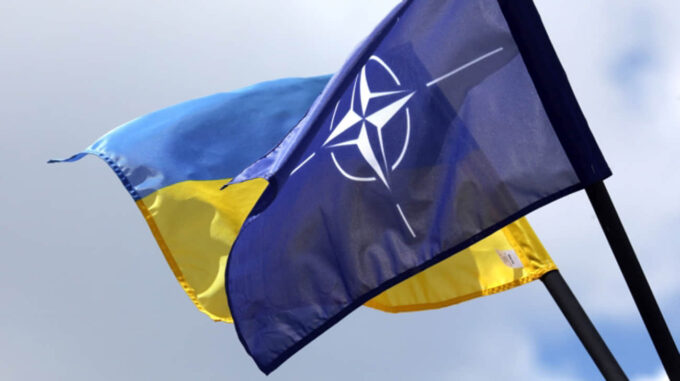In Ukraine, obtaining legally binding guarantees from NATO not to expand is not considered realistic, as this is a key requirement of Russia in the context of security policy

Political analysts and officials are convinced that the alliance is unlikely to compromise in this direction in the near future, since any official commitments would contradict its statutory provisions and international agreements enshrined in past summits. Specifically, the head of Ukraine’s permanent delegation to the NATO Parliamentary Assembly, Yegor Chernev, expressed this position in an interview with the information agency “Interfax-Ukraine,” as well as commenting on the statement of the U.S. presidential envoy, Keith Kelleogg, made in an interview with ABC News. According to recent statements, the U.S. demonstrates a willingness to discuss Russia’s concerns about NATO expansion and is even ready to support the idea of verbal assurances that will lack legal force. However, for Ukraine and other Eastern European countries, this is not sufficient. Chernev emphasized that any official guarantees within the current international system do not envisage the possibility for Russia to receive written assurances, given the principles enshrined in NATO’s statute. He noted that such a step could mean the official recognition of Russia’s veto rights in security decision-making and alliance expansion, which would contradict the principles of collective security and the sovereignty of NATO member states. “Adopting any official documents on this matter would contradict the statutory provisions of the organization and previous summit decisions. Secondly, it would automatically lead to the recognition of Russia as a de facto satellite and a country with veto rights concerning NATO’s expansion. Lastly, such a decision within NATO is unlikely, considering the majority of alliance members’ support for Ukraine and Ukraine’s aspiration for integration into Western security structures,” Chernev stressed. The politician added that for the Kremlin, verbal guarantees might be acceptable only if Russia needs time to regroup and “rest” before a new escalation. According to him, this could serve as a justification for temporary promises that Moscow would actually use to maintain influence and manipulate in the future. Recent reports indicate that the Kremlin was pleased with Kelleog’s statement regarding the possibility of discussing NATO non-expansion with the U.S., but Ukrainian experts and diplomatic circles are watching with caution. They emphasize that Russia’s true goals are to create an illusion of consensus while maintaining dominance in global security policy and delaying decisions that would reduce its influence in the region. Analysts note that without any official guarantees or assurances, but only words, Russia continues to seek to preserve the integrity of its spheres of influence and hints at the possibility of new aggressive steps. The so-called “guarantees” in the form of verbal statements have long become an instrument for the Kremlin to manipulate and build its interests on the international stage. Therefore, the Ukrainian authorities and international partners consider maintaining a defensive and diplomatic course, supported by concrete agreements and decisions within NATO, to be the best approach.

